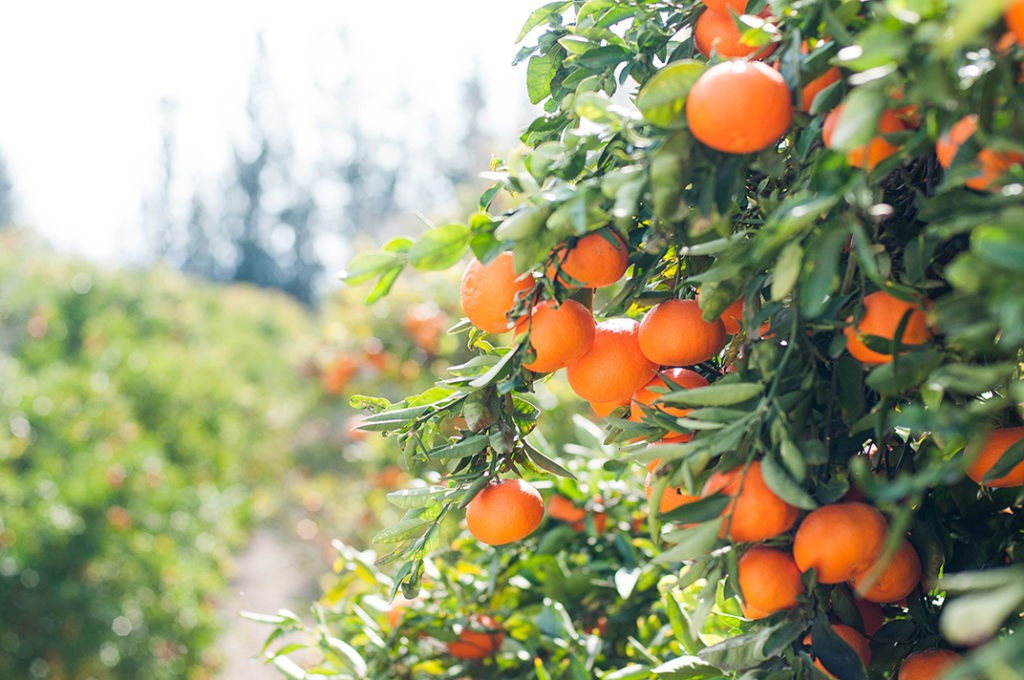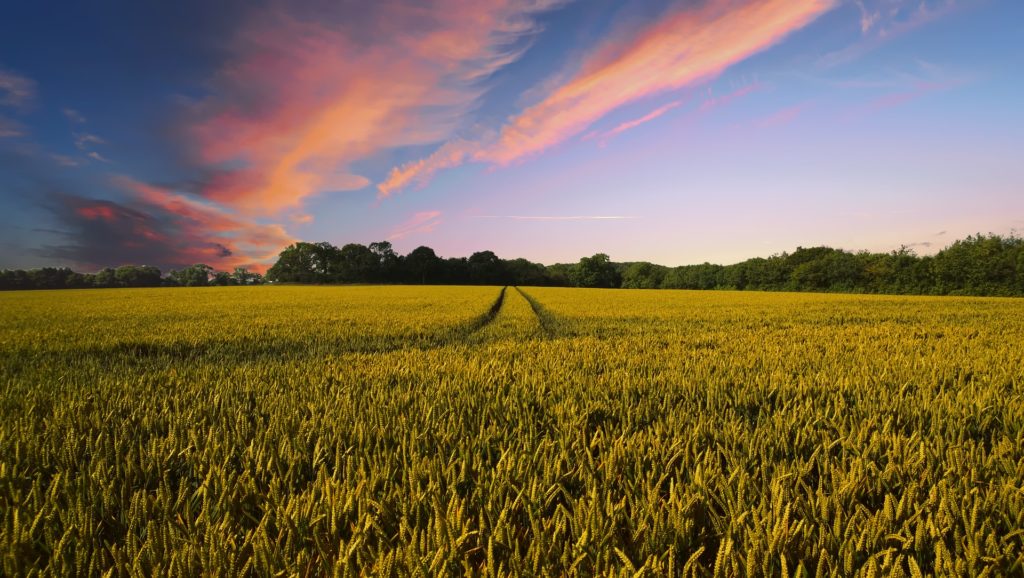Farmers issue mayday call to leaders
Farmers are despairing at an apparent breakdown in negotiations between state, territory and federal governments over the promised Agriculture Workers Movement Code.
On August 21, National Cabinet committed to develop a national solution to agriculture’s border crossing issues within two weeks. Less than 24 hours out from that deadline and the National Farmers Federation (NFF) is demanding governments agree on a satisfactory code.
“It’s simply not good enough that our most senior leaders cannot arrive at a solution that will both safeguard human health and enable food and fibre production to continue as required,” says NFF CEO Tony Mahar. “How hard can it be?
“A workable code for the freight industry was developed and has been successfully implemented. But the industry and people behind producing food and fibre and keeping our supermarket shelves stocked don’t deserve the same attention or priority?”

Mahar says that National Cabinet must immediately pivot from crisis mode to a new business-as-usual approach. With no end to COVID in sight for the foreseeable future, Australia needs to adapt to a new normal. However, while safeguarding the health and wellbeing of Australians is the number one priority, and a risk-based approach must be taken to stop the spread of COVID, there are areas that have no recorded cases.
“With no cases west of Sydney in NSW and Brisbane in Queensland, it simply does not make sense to curtail the movement of farmers and farm workers, for example between Moree to Goondiwindi,” Mahar says. “The stretch of land between Mildura in Victoria and Longreach in Queensland is COVID-free!”
Mahar says a city-centric, bureaucratic, black and white approach to borders was crippling the bush, which was already on a long path to recovery following years of drought.
“Since Federation, Australia has operated with soft borders, yet less than six months of navigating this pandemic, and we find ourselves existing like eight separate nations,” Mahar says. “It’s not how Australia functions and it’s simply not sustainable.”

With the fruit and vegetable picking season already begun, and the grain harvest just around the corner, farmers are fast approaching a situation where fruit and vegetables may be left to rot on the vine, and grains may remain unharvested.
“That is essentially all our farmers’ hard work for one year left to rot in the paddock,” Mahar says. “This is not only a devastating blow for farmers and the bush; it will impact the price and availability of fresh food across Australia.
“This is a mayday call to those who we call our leaders – work overtime to achieve a nationally-consistent Code. Anything less will demonstrate utter contempt for agriculture, regional communities and all Australians who depend on quality food and fibre.”









